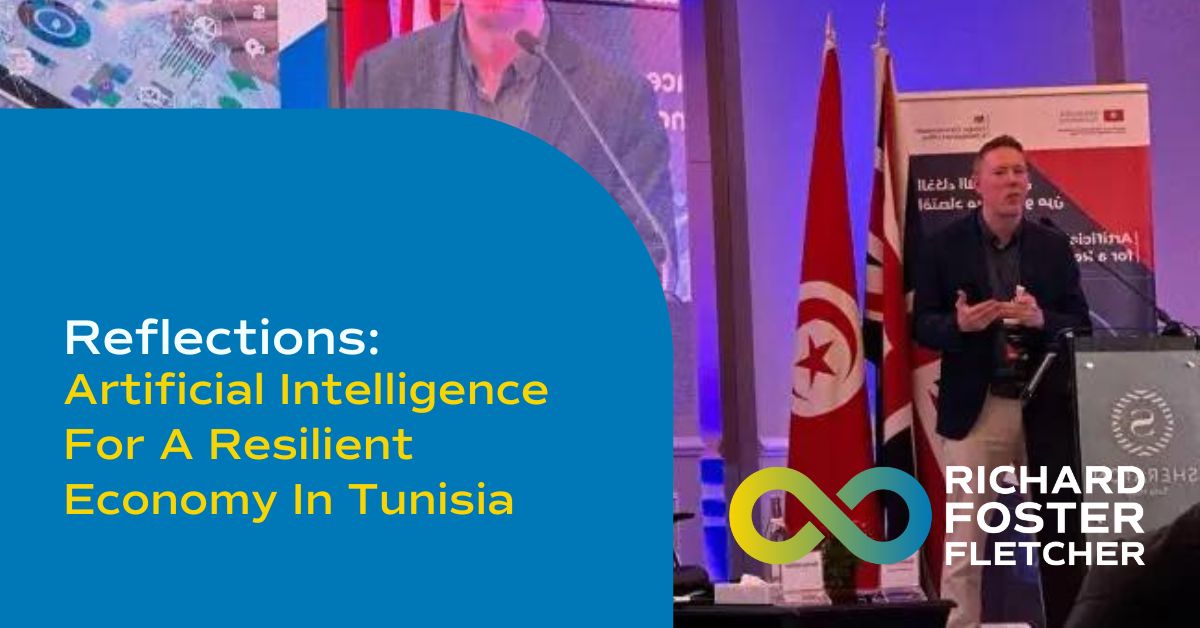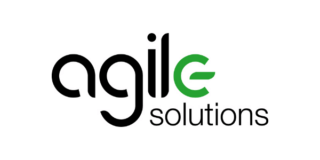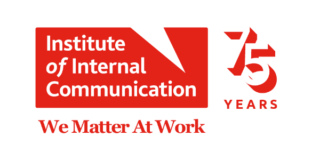
Reflections: Artificial Intelligence For A Resilient Economy In Tunisia

Reflecting on the opening day of the Artificial Intelligence for a Resilient Economy in Tunisia conference in Tunis, I am grateful for the engaging and productive discussions that unfolded. The event brought together a diverse assembly of policymakers, industry experts, and academics, fostering a unified approach to policy-making that is essential for harnessing AI to promote equitable economic growth.
My plenary talk explored the role of government policies in leveraging AI for economic development. It was encouraging to see a concerted effort towards creating policies that not only drive innovation but also ensure inclusivity and fairness. This aligns with Tunisia’s broader goals of integrating AI into various sectors to boost economic growth and job creation. As highlighted in recent reports, Tunisia has emerged as a leader in AI adoption in Africa, with initiatives aimed at enhancing different aspects of the country’s economy (ReadWrite).
The Role of the New AI University
A key highlight from the conference was the announcement and discussion surrounding Tunisia’s new AI university. This institution, established under the Ministry of Higher Education and Scientific Research, represents a strategic move to build a robust AI ecosystem within the country. The decision to offer courses primarily in English, rather than French, is a strategic choice aimed at aligning more closely with global AI markets and research (ReadWrite). By doing so, Tunisia aims to position itself as a regional hub for AI innovation, attracting international talent and fostering collaborations with leading AI researchers and institutions worldwide.
Revolutionising Key Sectors
Emerging markets like Tunisia are particularly excited about AI’s potential to revolutionise sectors such as health, agriculture, climate change, and manufacturing. These sectors are ripe for innovation and efficiency gains through AI. However, it’s crucial to recognise that the majority of AI implementations will be within everyday businesses, leveraging accessible platforms like ChatGPT, Gemini, Claude, and Perplexity. These tools provide tremendous productivity benefits at relatively low costs, making them attractive options for small and medium-sized enterprises.
Addressing Data and Cultural Bias
Significant considerations must be addressed. With 50% of websites in English and 60% of internet traffic directed towards US companies, there is an inherent bias in the data upon which these AI models are trained. This raises important questions about the relevance and applicability of such AI tools in different cultural contexts. Emerging markets need to critically evaluate how these AI platforms, built on predominantly Western data, align with their local cultural values, ethics, and customer expectations. The risk is that AI could inadvertently impose foreign norms and practices, potentially impacting local cultures and sovereignties.
Tailored AI Adoption
Despite these challenges, there is immense potential for emerging markets to leapfrog traditional stages of development by adopting AI. However, this adoption must be on their terms. It requires a tailored approach that respects and integrates local contexts and needs. By doing so, these markets can harness AI’s power while preserving their unique identities and values.
Building Public Trust
Public trust and perception of AI are also evolving. Unlike the early days of social media, where users freely shared personal data, there is now a heightened awareness and scepticism towards AI. People are increasingly concerned about data privacy and the ethical implications of AI systems. This shift in perception necessitates that businesses in emerging markets adopt transparent and ethical AI practices to build and maintain public trust.
Key Questions We Need to Ask
-
How can emerging markets ensure AI tools align with local cultural values and ethics?
- Assessing the relevance and impact of Western-trained AI models on local practices and norms.
-
What strategies can help bridge the gap between AI advancements and local needs?
- Developing tailored AI solutions that address specific challenges faced by local industries and communities.
-
How can public trust in AI be built and maintained in these markets?
- Implementing transparent, ethical AI practices and robust data privacy measures to foster trust.
-
What role can governments and educational institutions play in AI integration?
- Supporting AI education, training, and ethical guidelines to ensure responsible AI use and innovation.
The opening day of the AI for a Resilient Economy in Tunisia conference was a testament to the country’s dedication to harnessing AI for sustainable and inclusive growth. The establishment of Tunisia’s new AI university marks a significant step towards building a robust AI ecosystem and aligning the nation with global AI advancements. Leaders in emerging markets must navigate the complexities of AI adoption, ensuring it aligns with local values and contributes positively to societal progress. By embracing AI on their terms, emerging markets can not only keep pace with global advancements but also carve out a significant role in the future of AI. This balanced approach will enable them to harness AI’s transformative power while safeguarding cultural integrity and public trust.
For further reading on Tunisia’s AI potential and strategic plans, you can refer to the articles from African Business and University World News.
















